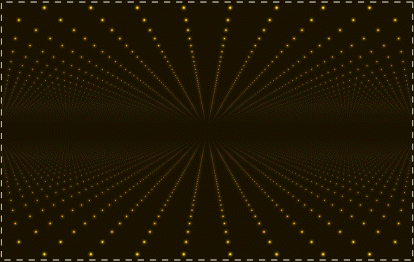Haryana Switch to Hindi
52nd Chief Justice of India
Why in News?
Justice Bhushan Ramkrishna Gavai succeeds Chief Justice Sanjiv Khanna as the 52nd Chief Justice of India.
Key Points
- Retirement:
- CJI Sanjiv Khanna retired on 13 May 2025, concluding his tenure as the 51st Chief Justice of the Supreme Court.
- He assumed office on November 10, 2024, and served in the top post for six months.
- Key Judgments by Justice B.R. Gavai: Upheld 2016 demonetisation and he is a part of the Bench that upheld abrogation of Article 370.
- He was part of the Constitution Bench that struck down the Electoral Bonds Scheme (Association for Democratic Reforms v. Union of India).
- In the State of Punjab v Davinder Singh (2024), he advocated applying the creamy layer principle to SCs/STs to ensure "real equality" in affirmative action.
- Key Provisions Related to CJI:
- Appointment: A Supreme Court judge is appointed by the President under Article 124 (2) of the Constitution. As per the convention, the senior-most judge of the Supreme Court is designated as the CJI.
- The seniority is measured by the length of service on the Supreme Court.
- Qualification: A person to be appointed as a Supreme Court judge, should have the following qualifications:
- He should be a citizen of India.
- He should have been a judge of a High Court (or high courts in succession) for five years; or
- He should have been an advocate of a High Court (or High Courts in succession) for ten years; or
- He should be a distinguished jurist in the opinion of the president.
- Role of CJI: As the "Master of the Roster," the CJI holds the authority to assign specific cases to particular benches and determine the schedule for their hearings in the Supreme Court.
- CJI (along with collegium of four senior most judges of SC) is consulted by the President for the appointment of judges in the SC and the High Court.
- CJI appoints ad-hoc SC judges under Article 127 of the Constitution.
- With the approval of the President, the CJI can change the seat of the SC from Delhi to any other place.
- Removal: The CJI can be removed by the President only after Parliament presents an address, supported by a special majority in both Houses (a majority of total members and at least two-thirds of those present and voting).
- Appointment: A Supreme Court judge is appointed by the President under Article 124 (2) of the Constitution. As per the convention, the senior-most judge of the Supreme Court is designated as the CJI.










%20MPPCS%202025%20Desktop%20E.jpg)
%20MPPCS%202025%20Mobile%20E%20(1).jpg)



.jpg)










.png)
.png)





 PCS Parikshan
PCS Parikshan

